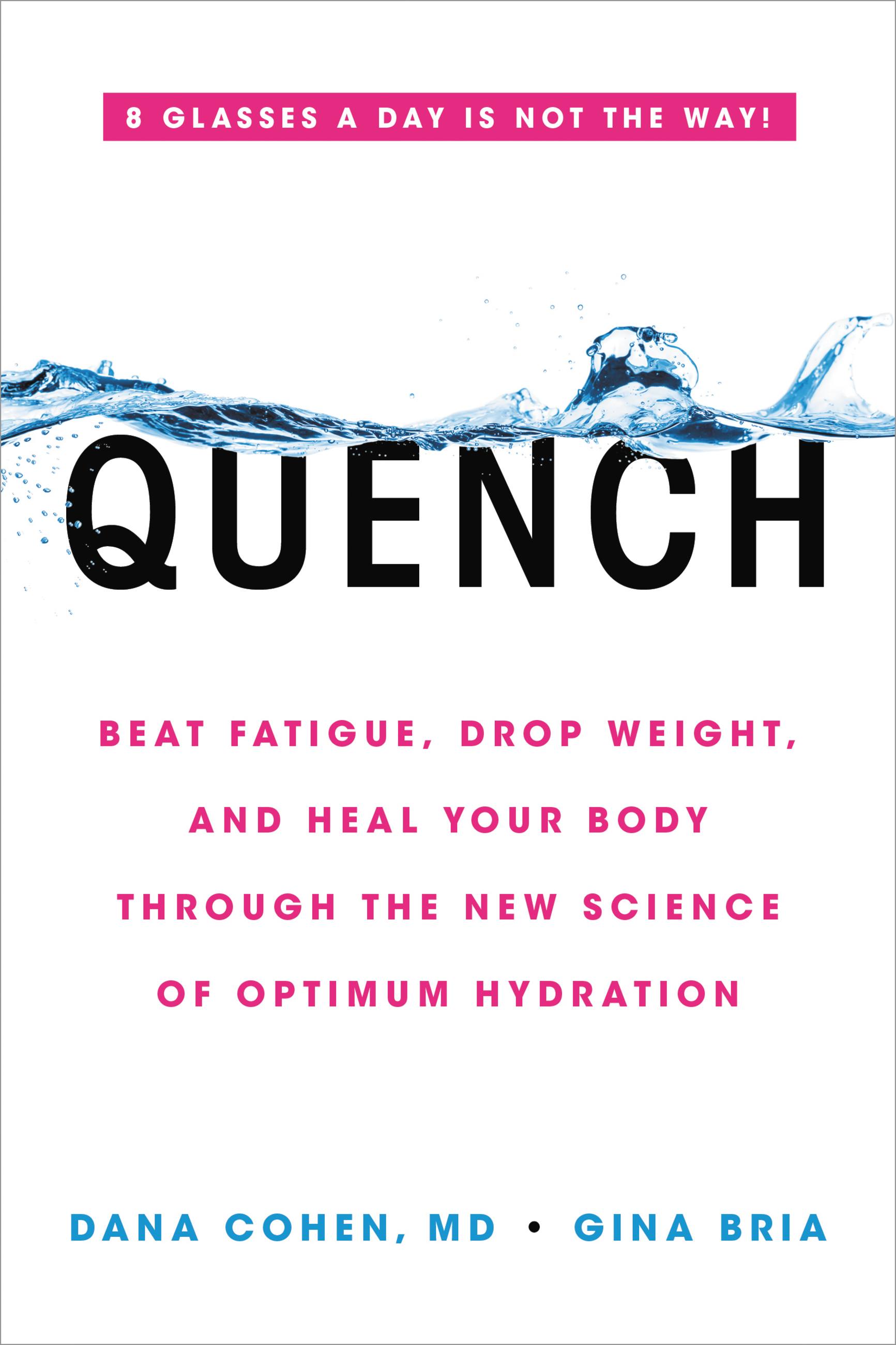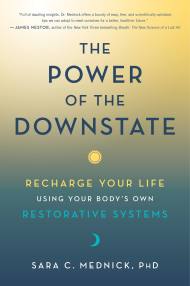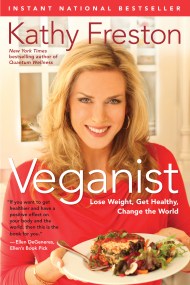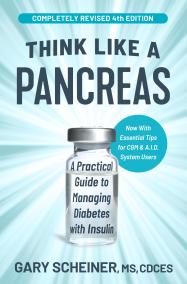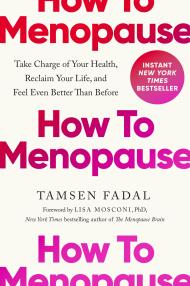By clicking “Accept,” you agree to the use of cookies and similar technologies on your device as set forth in our Cookie Policy and our Privacy Policy. Please note that certain cookies are essential for this website to function properly and do not require user consent to be deployed.
Quench
Beat Fatigue, Drop Weight, and Heal Your Body Through the New Science of Optimum Hydration
Contributors
By Gina Bria
Formats and Prices
- On Sale
- Jan 12, 2021
- Page Count
- 304 pages
- Publisher
- Balance
- ISBN-13
- 9780306923357
Price
$19.99Price
$25.99 CADFormat
Format:
- Trade Paperback $19.99 $25.99 CAD
- Hardcover $37.00 $47.00 CAD
- Audiobook Download (Unabridged) $24.99
This item is a preorder. Your payment method will be charged immediately, and the product is expected to ship on or around January 12, 2021. This date is subject to change due to shipping delays beyond our control.
Buy from Other Retailers:
-
"For those of you who know or suspect that you don't drink enough to compensate for daily water losses, the good news is you don't have to rely entirely on your liquid intake to remain well hydrated.... That's the message in a new book Quench, by Dr. Dana Cohen, an integrative medicine specialist...and Gina Bria, an anthropologist...of the Hydration Foundation. I feel comfortable recommending an increased reliance on these hydrating foods because, at the very least, they can result in a more nutritious diet and foster better weight control."Jane Brody, The New York Times
-
"[Quench] is wow-worthy intel about the liquid we can't live without."O Magazine
-
"Quench is the first book I have ever read that makes the connection between true hydration and the function of the connective tissue network known as fascia. Moreover, Dr. Cohen and Bria's explanation of what fascia is and what it does is compelling and brilliant. Finally, a book about the importance of hydration--and how to actually do it. Hint: It's not about drinking more water."ChristianeNorthrup, MD, NewYork Timesbestselling author of Women's Bodies, Women's Wisdom and The Wisdomof Menopause
-
"Water is a scientific mystery and a complex subject that most of us take for granted and don't really understand its profound healing potential. Enter Dr. Dana Cohen and Gina Bria! They have written a long overdue and extremely important book on the merits of optimal hydration. As a clinical cardiologist, I can attest that the section on fat and hydration is absolutely outstanding! Highly recommended, this book will help put you on the right track toward optimum health, hydration and recovery. A must read!"Dr. Stephen Sinatra, cardiologist and co-author of Health Revelations from Heaven
-
"Everyone knows that we must drink enough water. But Cohen and Bria, two authorities on hydration, tell us how we can obtain our water even more effectively from foods. I found their presentation refreshing and comprehensive--including a practical guide for achieving proper hydration in a painless (and delicious) way in your own kitchen. This book will set the standard for understanding the life-giving issue of keeping hydrated."Gerald H. Pollack, PhD., professor at the University of Washington and author of The Fourth Phase of Water: Beyond Solid, Liquid, and Vapor
Newsletter Signup
By clicking ‘Sign Up,’ I acknowledge that I have read and agree to Hachette Book Group’s Privacy Policy and Terms of Use

